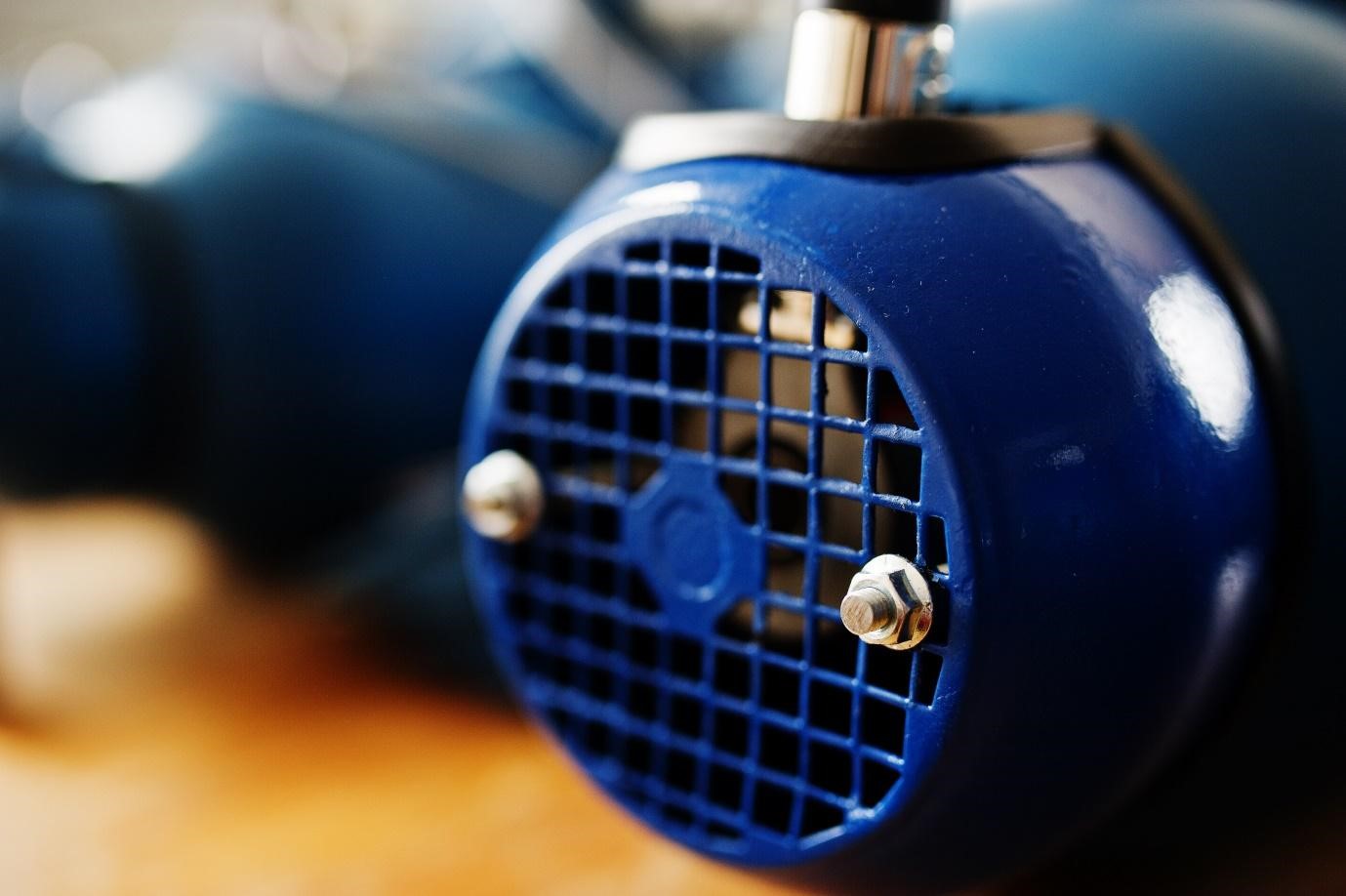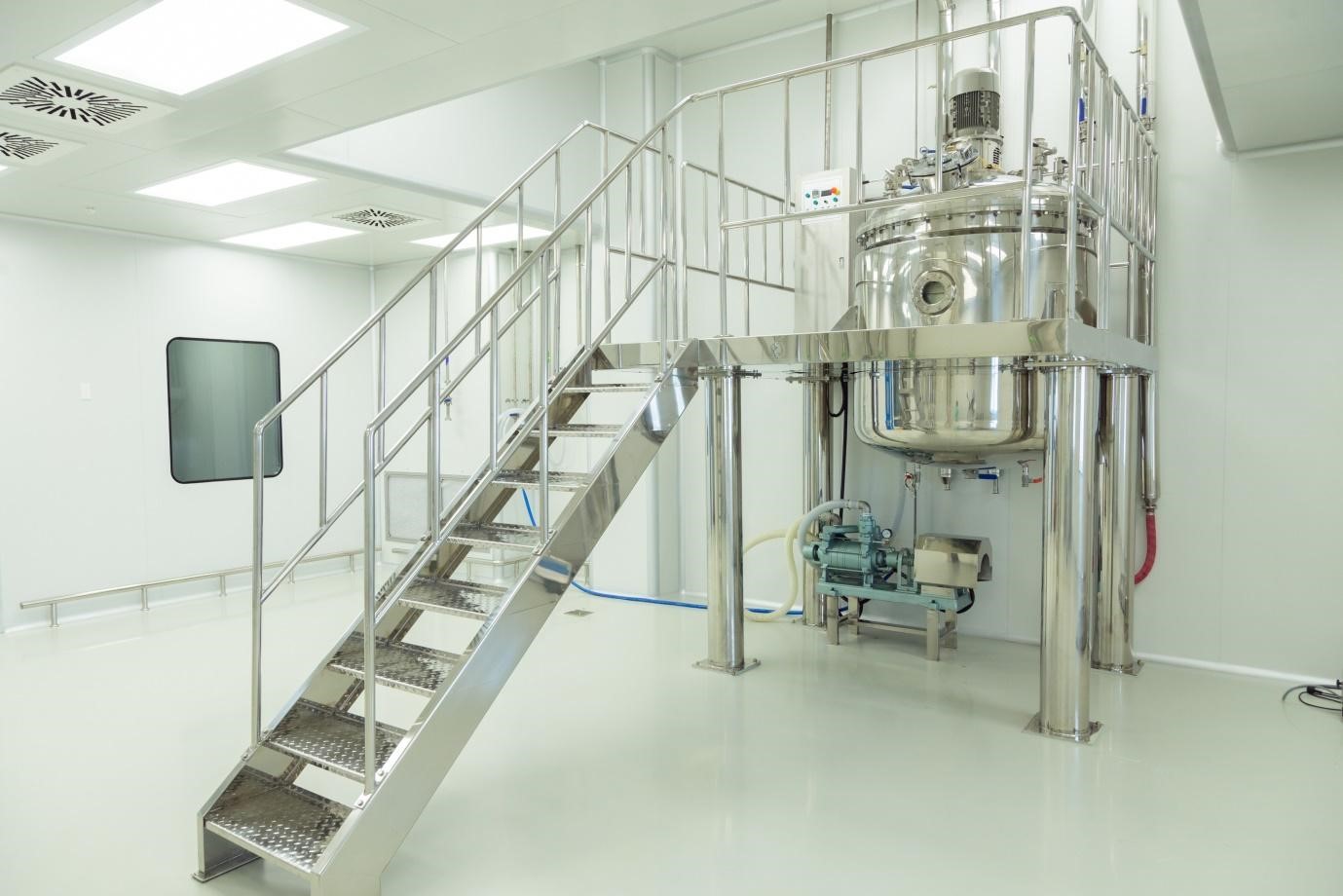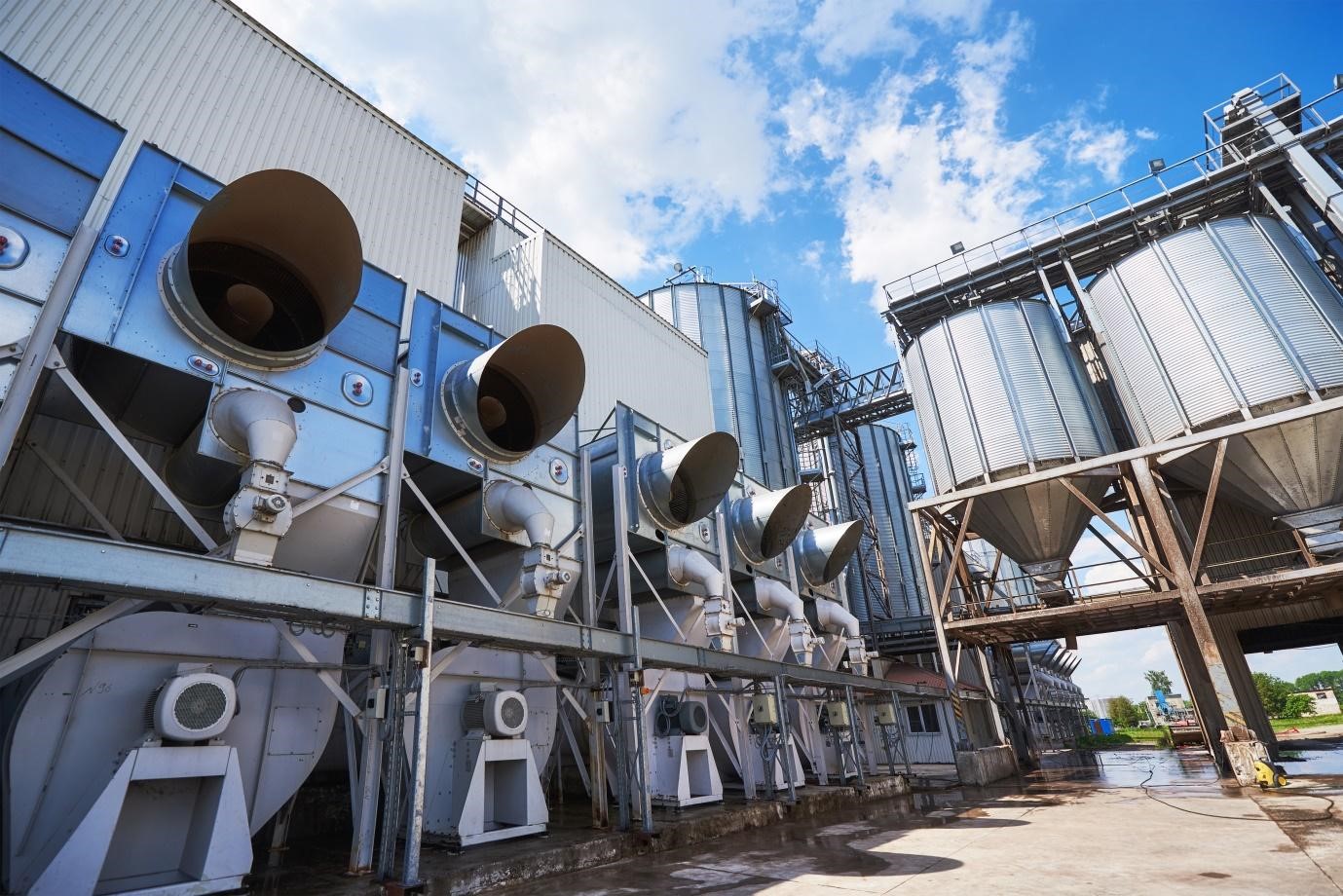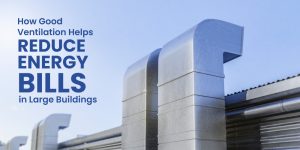In industries that are rampant with airborne particles, high temperatures, and high levels of moisture, proper ventilation is not just a comfort— it becomes a necessity. To maintain the precision required in pharmaceutical manufacturing, and the constant humidity in textile units, or the get rid of chemical fumes in processing plants, investing in the best industrial ventilation fans can dramatically improve productivity, safety precautions, and energy use.
Let us explore the different types of fans that suit these three sectors best and the reasons why.
Textile Industry: To control heat and humidity

Textile units have machines that run for long hours generating heat constantly. When combined with the humidity that emanates from the dyeing and washing processes, it is likely to have an environment that is stifling. Here, heavy-duty wall fans are important as they help to push out hot, humid air and bring in fresh airflow.
For medium and large-sized units, wall-mounted industrial fans can be used. When placed at strategic intervals (positions) across the production floor, they will ensure uniform air circulation. These fans not only reduce temperature but also help in drying fabrics quickly, reducing production time. Using wall fans for factories also helps to keep airborne fibres and lint at bay and away from workers’ breathing zones.
Pharmaceutical Industry: to maintain hygiene & good air quality

A high level of hygiene has to be maintained in the pharmaceutical industry. Entire production batches can be ruined when there is even slight contamination because of stagnant air or poor ventilation. Here, industrial air circulation fans are used as they help to maintain a clean and sterile environment. With these fans the air is changed constantly and temperature and humidity levels stay within the specified limits.
Commercial wall fans with stainless steel bodies and which run silently are ideal for pharmaceutical plants (closed spaces). They are fitted in wall cavities or in cleanrooms to promote safe airflow while facilitating easy cleaning and maintenance.
Chemical Industry: to make air safe for breathing

The chemical industry largely deals with volatile substances and fume extraction is of top priority here. By installing industrial ventilation fans that have chemical-resistant blades and motor housing, these would help to avoid corrosion and fire hazards.
Ventilation solutions for industries must be, therefore, tailored to specific risks. For example, for a plant dealing with acids or solvents, it may be wise to choose energy-efficient industrial fans with explosion-proof motors. These fans help to reduce energy consumption and also protect working staff from the dangers of toxic fume build-up. If wall fans for warehouses are used when they are located adjacent to chemical storage units, they can help dissipate toxic fumes effectively.
Why Roof Ventilators Still Matter?
Whereas wall-mounted fans manage horizontal air movement, roof ventilators are designed to ensure vertical airflow, i.e., they push hot, stale air out from the roof. This combination provides a complete industrial cooling solution. For regular maintenance of roof ventilators , here are four key facts to keep in mind:
- Clean fan blades and louvers every 3–6 months to prevent airflow blockage.
- Check for rust or corrosion on metallic components, especially in chemical plants.
- Lubricate the motor and bearings quarterly to reduce wear and energy waste.
- Ensure the fan cover or hood is secure to prevent leaks during rain or wind.
Closing Thoughts
The right mix of wall-mounted industrial fans and roof ventilators can transform your textile, pharmaceutical, or chemical factory into a comfortable workplace. It is choosing a reliable industrial wall fans manufacturer that will help you run your facility smoothly.
Investing in the right industrial cooling solutions is not an expense but an investment in safety, efficiency, and worker satisfaction.
Heavy-duty wall fans and roof ventilators work best to manage heat and humidity efficiently in textile environments.
Yes, specially designed commercial wall fans with low noise and cleanable surfaces are ideal for cleanrooms.
They remove fumes, control temperature, and prevent corrosion by ensuring constant airflow with ventilation solutions for industries.




